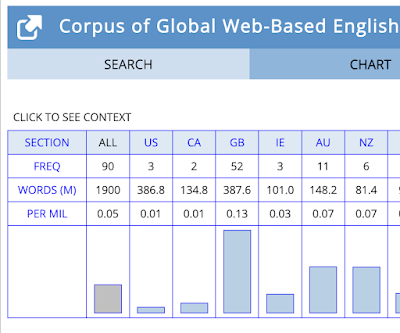I've just found a bunch of research on my computer about conflab. I can't remember why I saved a bunch of corpus results on it, but maybe it was season/series 5 of Succession that brought it to my attention, when an Australian actress playing an Anglo-American rich person said it in dialog(ue) written by a rather British writing team:
I knew the word confab, a shortening of confabulation, and I'm pretty sure I'd heard conflab before and dismissed it as a speech error. This time, I did the responsible thing and looked it up. It's not a speech error.
Confabulation came into English in the 15th century from Latin, meaning 'a conversation'. (In the 20th century, it acquired a psychiatric meaning: 'a hallucination of a memory'. That newer meaning is irrelevant to the abbreviated forms I'm discussing here.) A confab is a conversation, an argument, or (in a later development) a conference or the like. It's an informal word, as clippings often are, and sounds a bit jokey—but it's surprisingly old. (Surprising to me, at least.) The first OED citation is a British one from 1701. The second is from Thomas Jefferson in 1763, so it was not unknown in America back then. Green's Dictionary of Slang has a few more British examples from the 18th century:
Green marks it as American as well. His 1843 example is from a book published in Philadelphia. BUT before the 1873 Kansas citation, he has who British ones:
So is conflab an Americanism? Well, whatever its origin, it is more British now.
- Hypothesis 1: Conflab has always been more British than American.
- Hypothesis 2: Conflab started in the US, and subsequently withered there, but not before it had been taken up in the UK.
 |

























